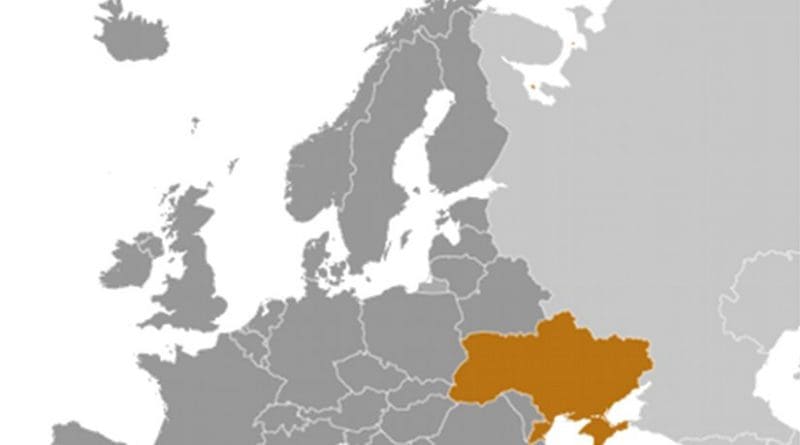Obama-Putin Meeting Won’t Be A Disaster For Ukraine, Portnikov Says – OpEd
By Paul Goble
Many Ukrainians and their supporters fear that the upcoming meeting of US President Barack Obama and his Russian counterpart Vladimir Putin will be a disaster for Ukraine, a sell-out by the West to Moscow equivalent to the Munich Agreement between Hitler and Chamberlain in 1938.
But others are encouraged not only by White House statements that Obama agreed to the meeting only after repeated requests from the Kremlin (echo.msk.ru/news/1628794-echo.html) and by the tough statement by the US Permanent Representative to the UN that Russian Security Council vetoes threaten that body’s legitimacy (theguardian.com/world/2015/sep/23/russian-vetoes-putting-un-security-council-legitimacy-at-risk-says-us).
One Ukrainian commentator who takes a more positive view of the scheduled meeting is Vitaly Portnikov. He notes that Moscow media are treating the session as “a diplomatic victory of the Kremlin” because it supposedly shows that Obama had asked for it. But he didn’t, Putin did repeatedly, and Obama only then agreed (grani.ru/opinion/portnikov/m.244522.html).
Washington “had never said that they would refuse a request from Putin to occupy several minutes of the valuable time of the president of the United States,” Portnikov says. Moreover, because “Putin leads a state which is one of the chief destabilizers of the contemporary world,” others will talk to him if he shows any willingness to behave better.
But the most important reason for not being pessimistic about the meeting lies with diplomatic practice. And that is this: “the side which agrees to a meeting defines its real order of the day. And in this sense, the interpretation of the requester and the agreeing side clearly do not coincide.”
“In the Kremlin, they want to talk about Syria, but in the White House, about Ukraine,” as the White House has made clear. Putin will undoubtedly try to hijack the agenda but “with regard to the situation in Syria, Obama is interested in only one thing” – that Putin, while defending his “little friend” Asad “not destroy opposition units battling the radicals.”
The American government “understands perfectly well that Putin’s participation in the Syria conflict is in no way a contribution to the struggle with ‘the Islamic State’ but rather a strengthening of Asad in his struggle with all his opponents” – and ISIS is not “the first among these.”
For his part, Portnikov argues, “Obama needs Putin to do not what he cannot do but what he can: end the war which he himself unleashed.” Consequently, “the president of the United Staes will speak with the president of Russia not about Syria but about Ukraine” and about what the West will do if Putin doesn’t change course there.
The only thing left for Putin after this meeting, the Ukrainian commentator says, is to decide whether he will show a carrot or a stick to the world.

